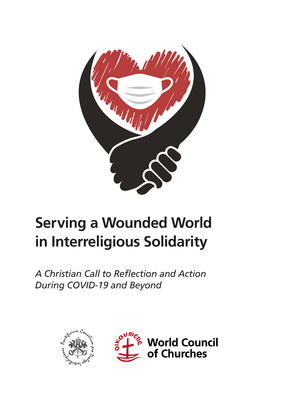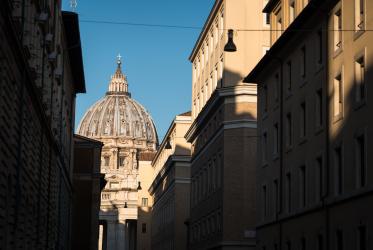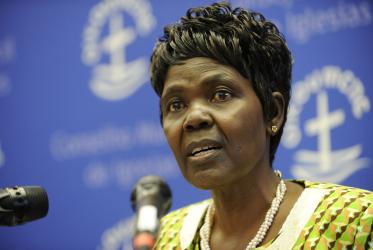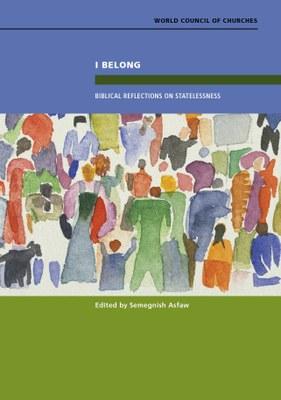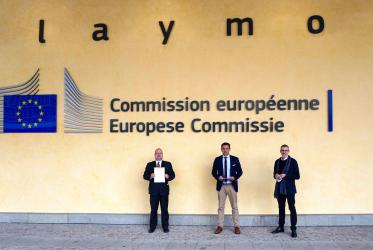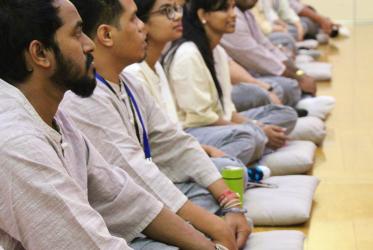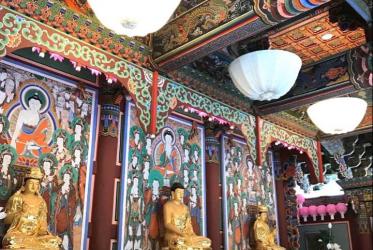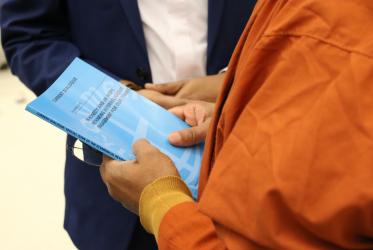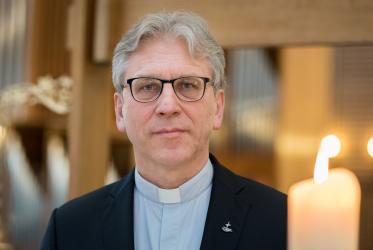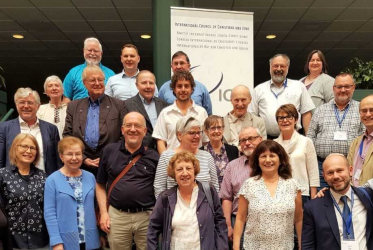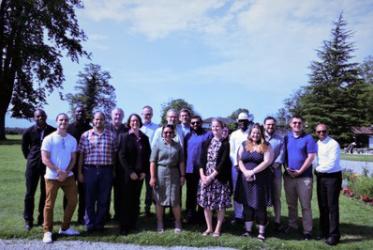Displaying 101 - 120 of 238
A Christian Call to Reflection and Action During COVID-19 and Beyond
25 October 2020
I Belong: Biblical Reflections on Statelessness
Biblical Reflections on Statelessness
12 October 2020
Ecumenical statement on migration received by European Commission
25 September 2020
Vesak Day commemorated at the UN
11 May 2020
Freedom of religion rooted in justice
06 March 2020
Festivities and dialogue launch new WCC journal
07 February 2020
WCC condemns attack at Hanukkah celebration in New York City
29 December 2019
Bossey gathers students for interreligious dialogue
02 July 2019
